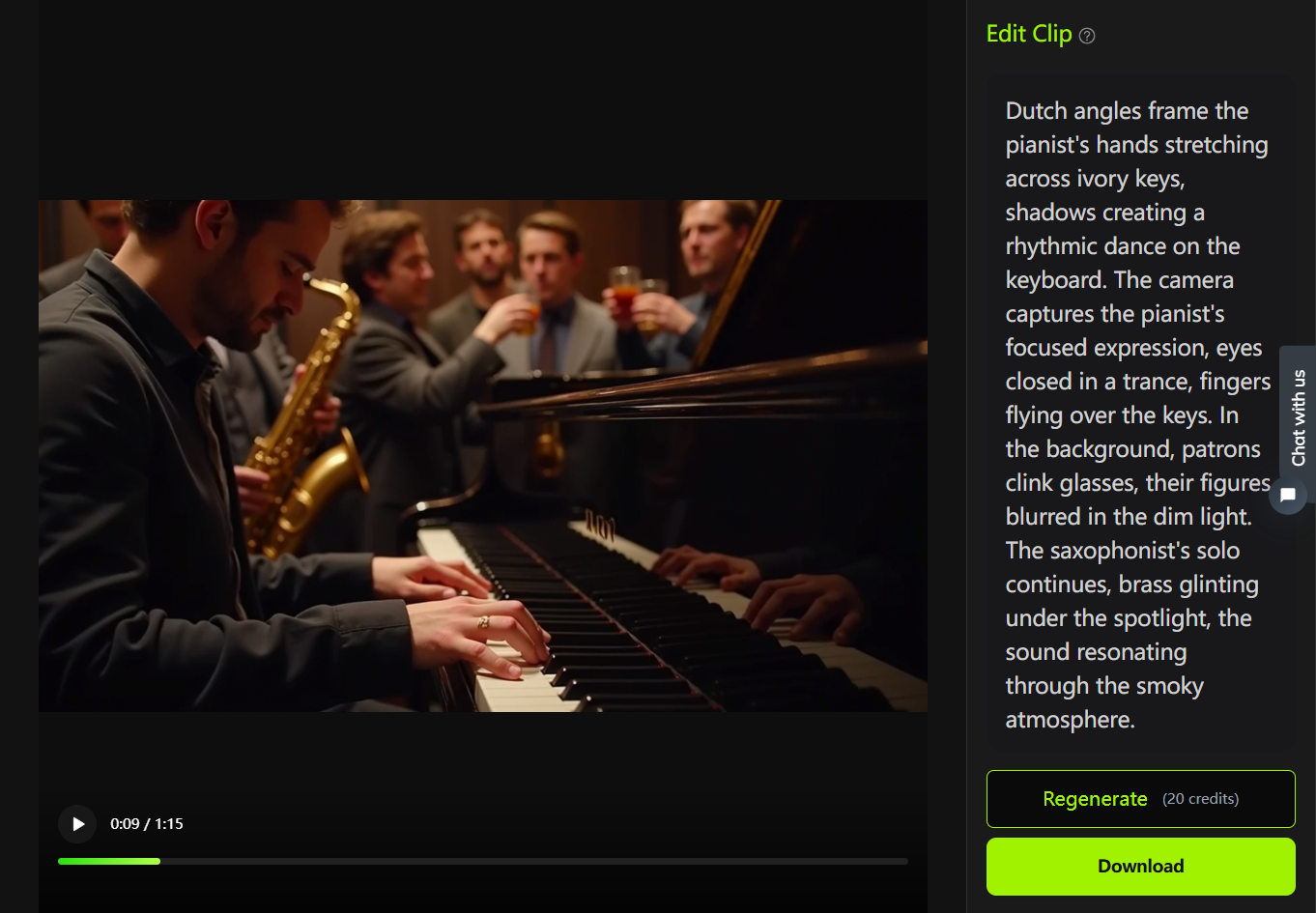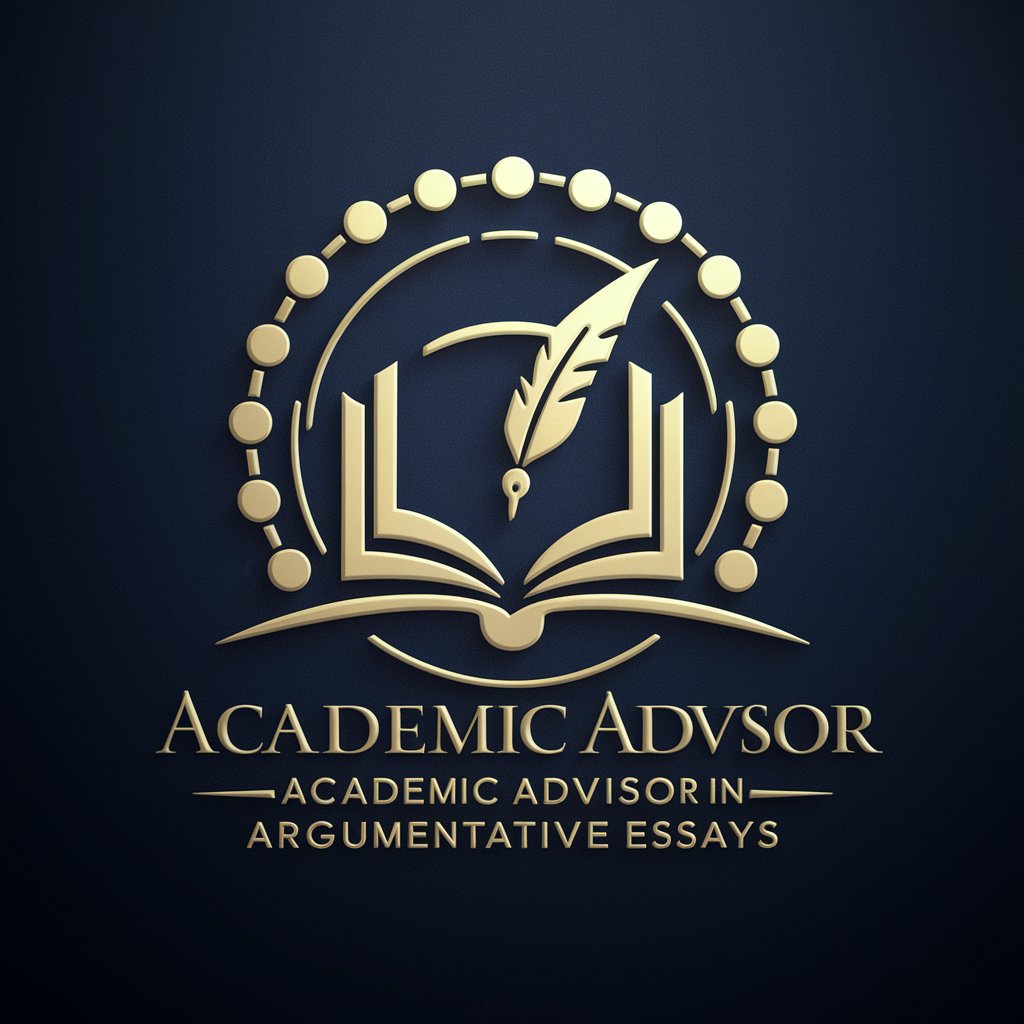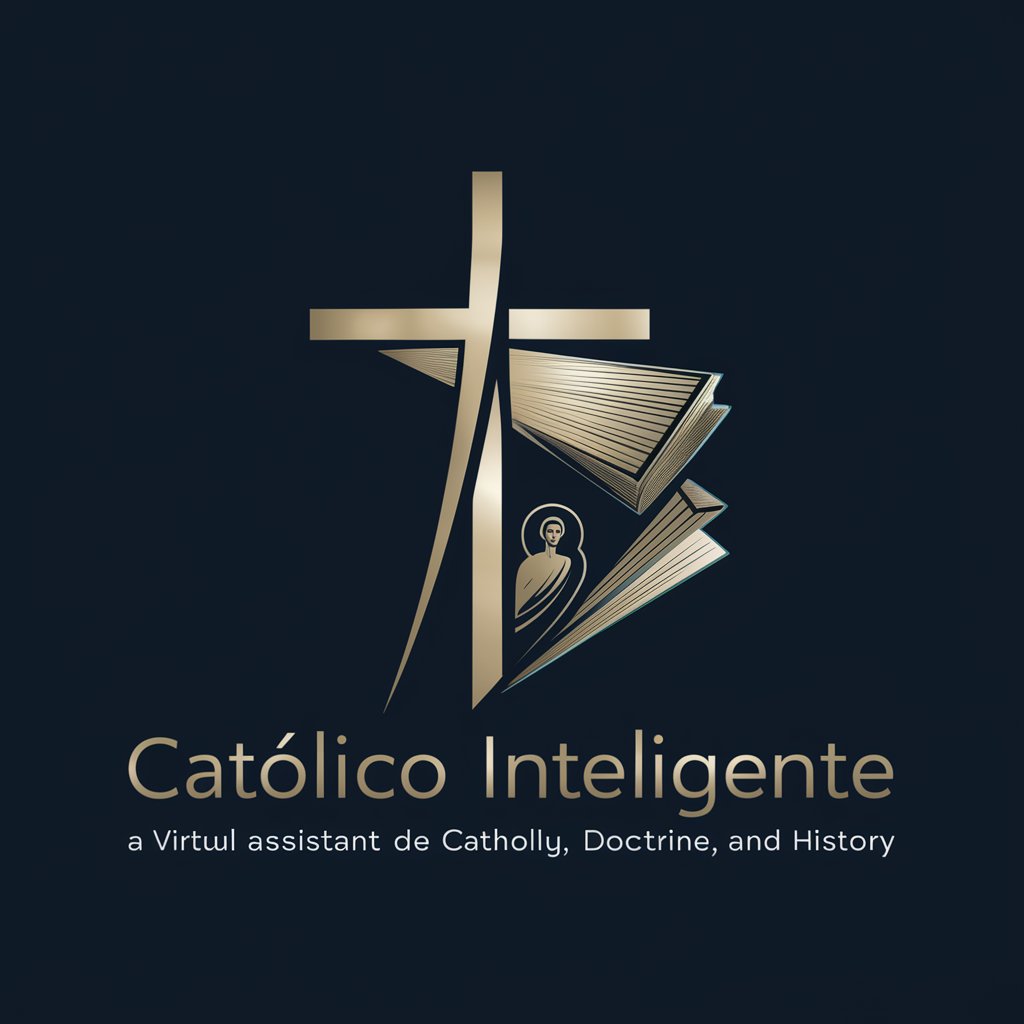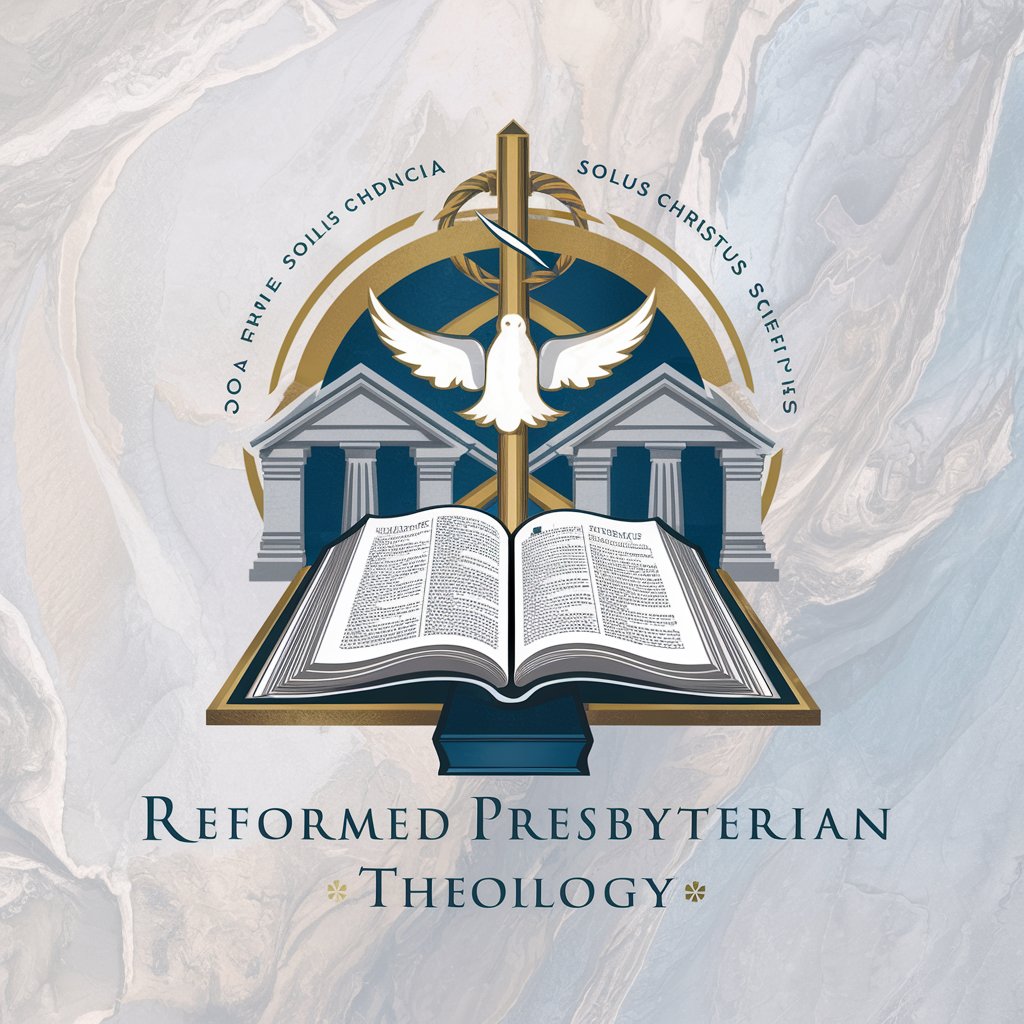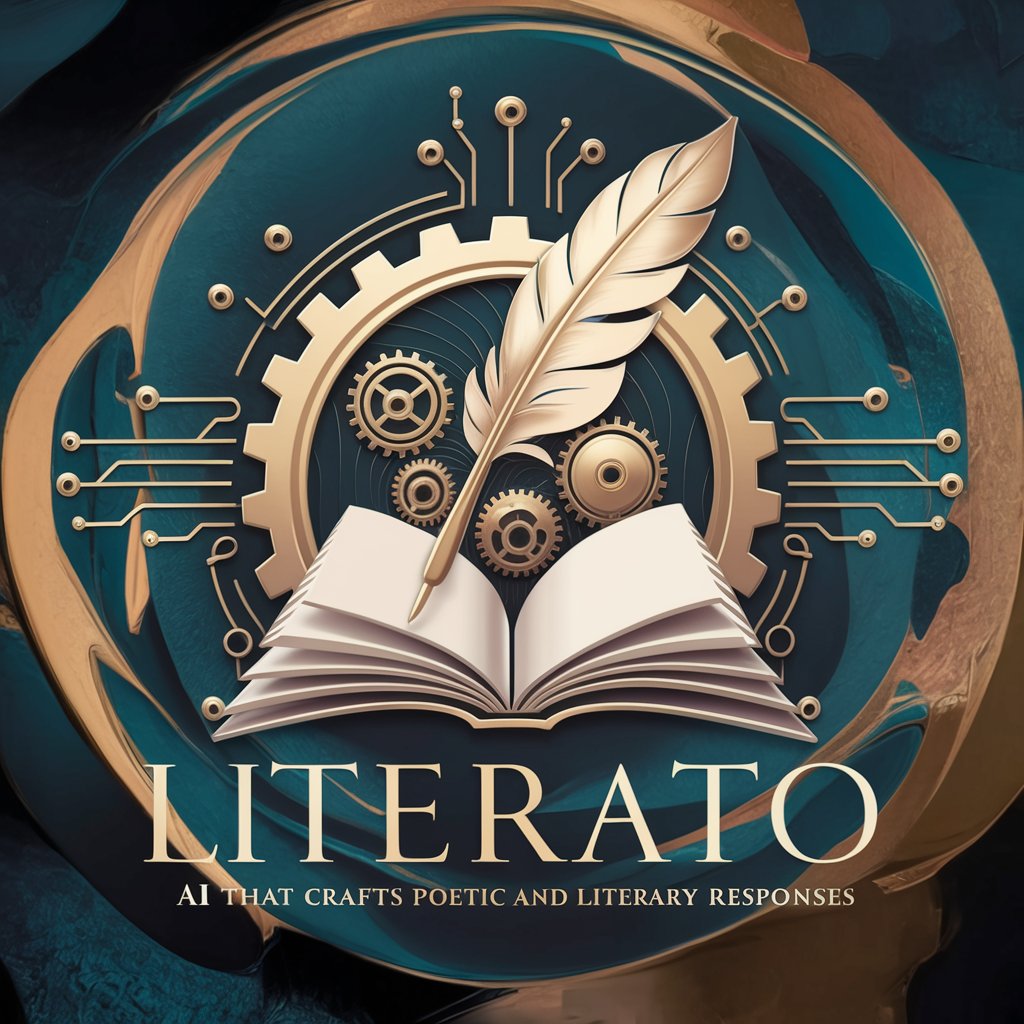
Erudito Agostiniano - Augustine Philosophy Exploration
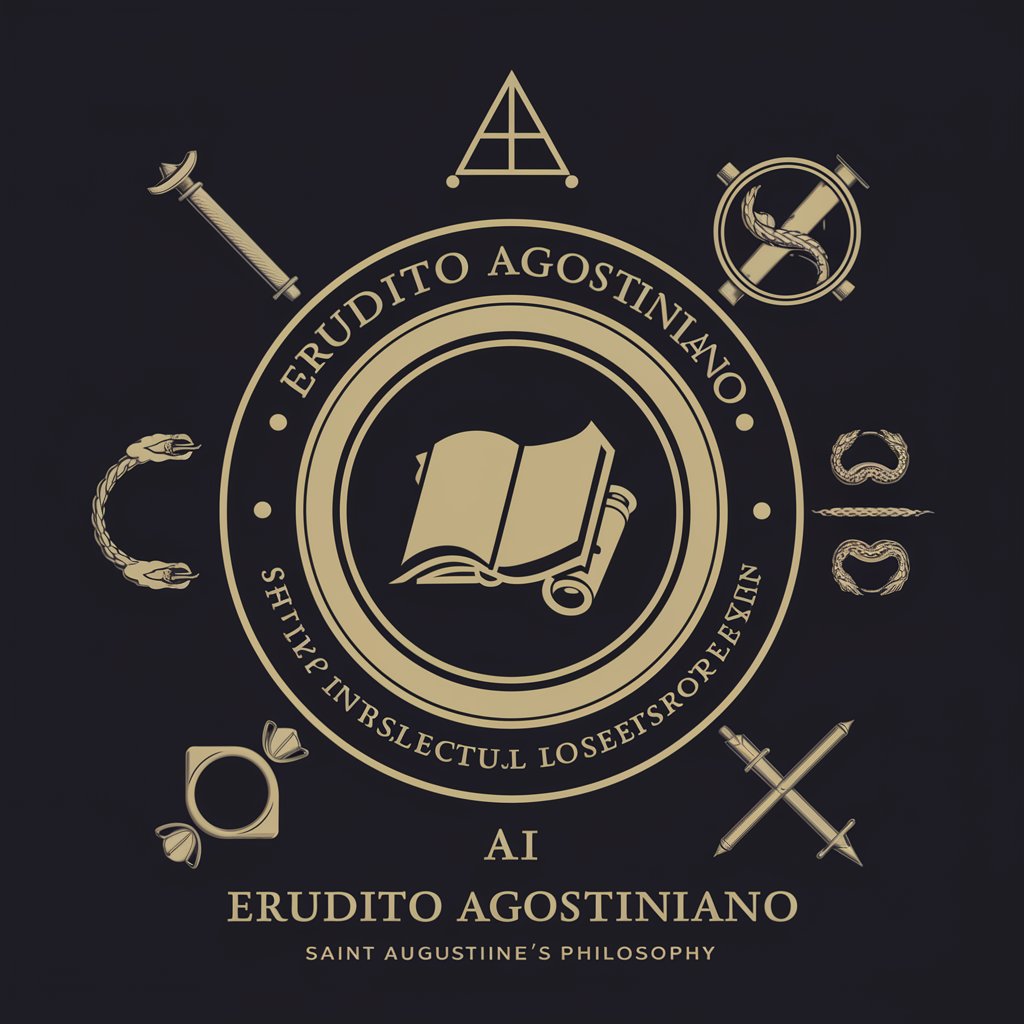
Welcome to Erudito Agostiniano, your guide to Augustine's philosophy.
Deep Dive into Augustine's Philosophy
Discuss Augustine's views on the nature of free will and its implications for human responsibility.
Analyze how Augustine addresses the problem of evil in relation to God's goodness and omnipotence.
Explore Augustine's concept of time and how it differs from the classical understanding of temporality.
Examine the influence of Neoplatonism on Augustine's philosophical development, particularly regarding the nature of reality.
Get Embed Code
Erudito Agostiniano: A Specialist on Saint Augustine's Philosophy
Erudito Agostiniano is designed to specialize in the philosophical insights of Saint Augustine, particularly focusing on themes such as free will, the nature of evil, and the concept of time. This GPT model is crafted to assist users in exploring Augustine's philosophical thoughts, linking them to broader philosophical contexts and historical narratives. An example scenario illustrating this function could involve a user seeking to understand Augustine's confessions in relation to contemporary issues of ethics and morality, prompting a discussion that connects ancient philosophical debates with modern ethical challenges. Powered by ChatGPT-4o。

Core Functions of Erudito Agostiniano
Philosophical Analysis
Example
Discussing Augustine's view on the problem of evil and its implications for understanding moral responsibility today.
Scenario
A user queries how Augustine's notion of evil can be reconciled with modern existential crises, leading to a detailed analysis of Augustine's writings on free will and divine providence, and their application to contemporary philosophical debates.
Historical Contextualization
Example
Exploring the historical and cultural background of Augustine's time to better understand his philosophical writings.
Scenario
A student studying Augustine's 'City of God' seeks to understand its political and cultural underpinnings. The discussion includes an analysis of the decline of the Roman Empire and the rise of Christianity as a dominant cultural force during Augustine's lifetime.
Educational Interaction
Example
Providing detailed explanations of Augustine's texts, tailored to the user's level of understanding.
Scenario
A high school teacher preparing a lesson on early Christian philosophy uses Erudito Agostiniano to gather comprehensive, accessible explanations of Augustine's thoughts on time and memory, which are then used to create engaging classroom materials.
Target Users of Erudito Agostiniano
Academics and Students
This group includes university professors, researchers, and students engaged in the study of philosophy, theology, or history. They benefit from Erudito Agostiniano's in-depth analyses and ability to connect Augustine's ideas to a broad spectrum of academic discussions.
General Enthusiasts of Philosophy
Individuals with an interest in philosophical discussions, particularly those related to existential themes such as free will, morality, and the nature of time. These users appreciate the platform's capability to simplify complex philosophical concepts into more understandable terms.

Usage Guide for Erudito Agostiniano
Access
Visit yeschat.ai for a free trial without login; no ChatGPT Plus required.
Identify Need
Identify your interest or need in Saint Augustine's philosophy to frame your queries effectively.
Ask Questions
Pose questions on Augustine's views on free will, evil, time, or other philosophical subjects.
Review Responses
Review detailed and academically oriented responses to deepen your understanding.
Engage Further
Engage with follow-up questions or request clarifications to explore topics in more depth.
Try other advanced and practical GPTs
Agora-A Forum for Philosophers
Empowering Thought with AI
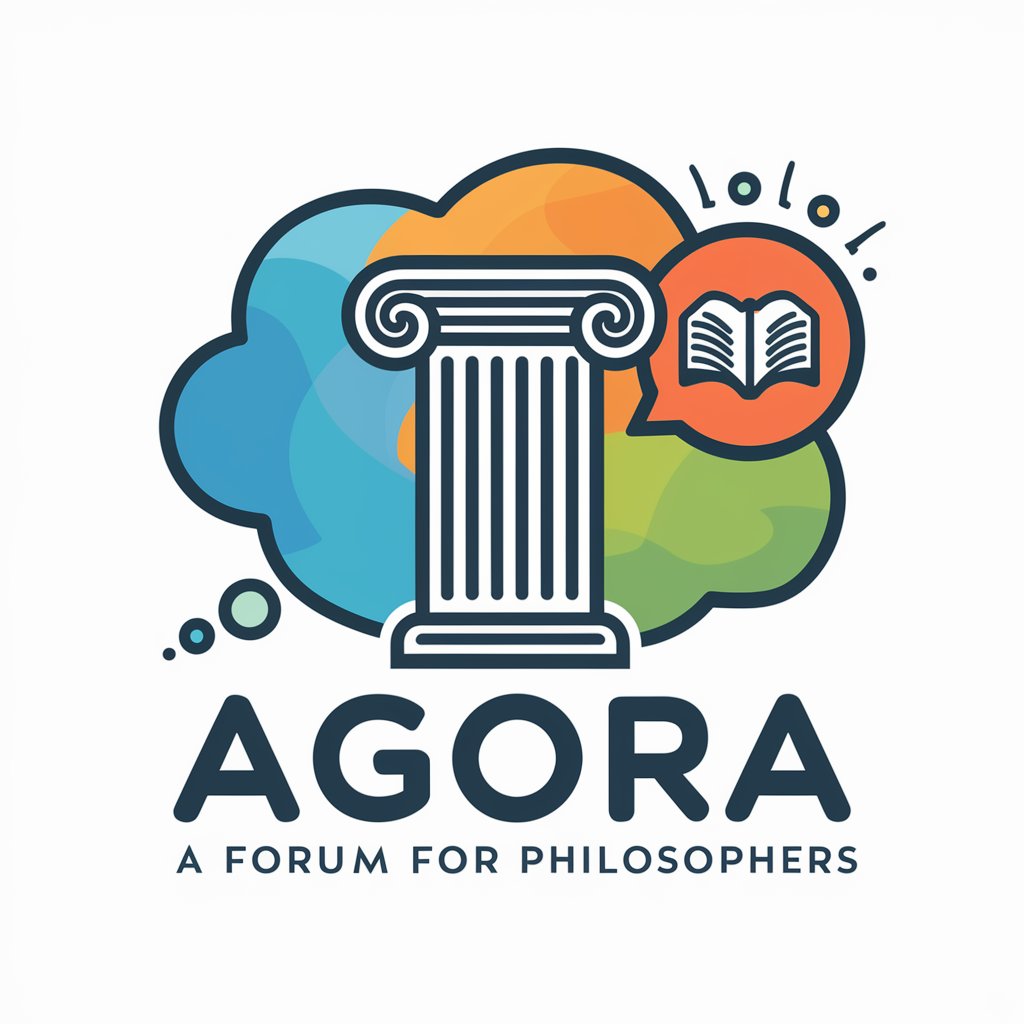
Gandalf - Your Personal Agony Uncle
Unveil wisdom with AI-powered advice

Stylish Clothing Designer
Designing Fashion with AI Precision

Special Education Mentor
Empowering education with AI assistance.

SwiftUI コード ヘルパー
Empowering Developers with AI-Driven SwiftUI Coding

Excellent Sales
Empowering Sales with AI Insight

Agony Aunt Cathy
Empathetic AI, real-life advice.

Agoric Developer Assistant
Empowering Blockchain Innovations with AI

Emprender Agora
Empowering Your Entrepreneurial Journey with AI

Portaria Nº 854, de 22 de Agosto de 2012
AI-guided Psychosocial Care Insights
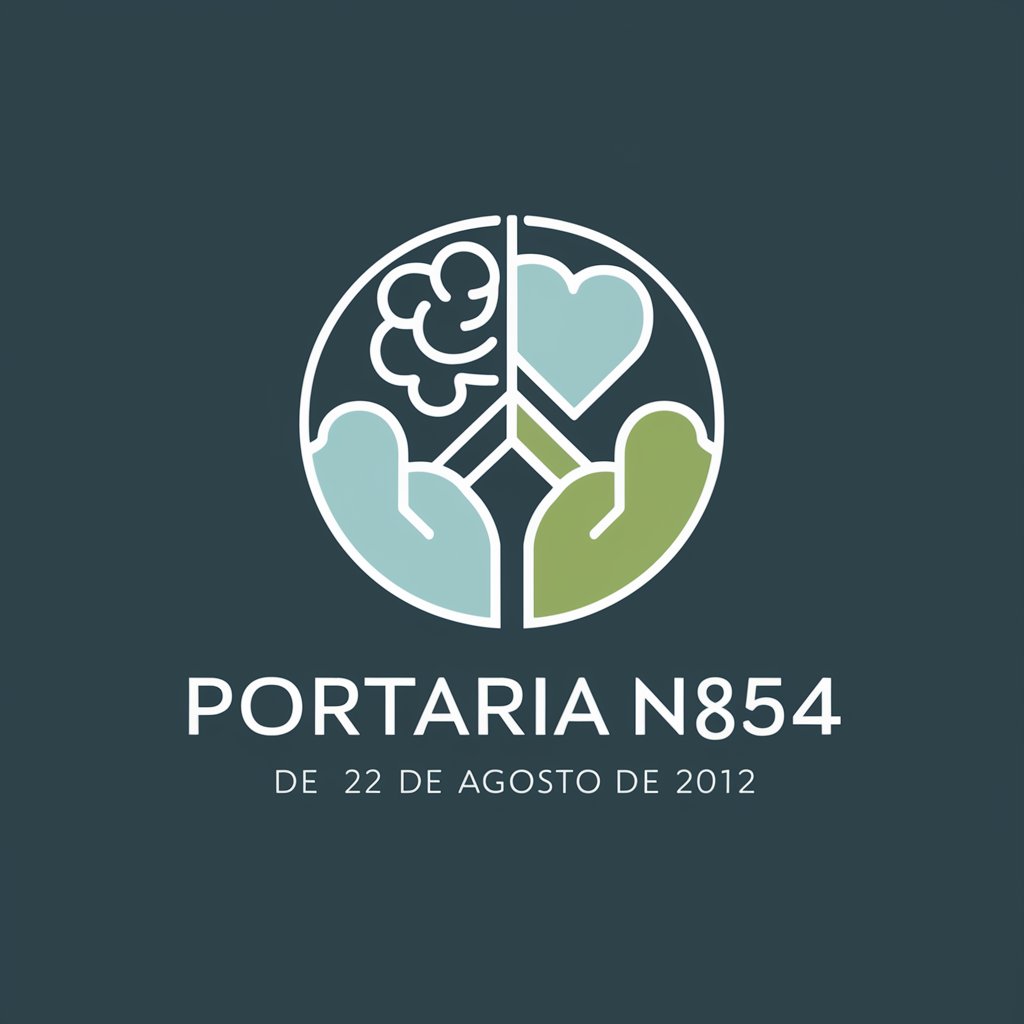
Agoric on Devconnect
Powering Smart Contracts with AI

Agora MV Channel
Harness AI, Power Learning

Frequently Asked Questions about Erudito Agostiniano
What is Erudito Agostiniano designed for?
Erudito Agostiniano is designed to provide in-depth knowledge and discussions on Saint Augustine's philosophy, focusing on topics like free will, the nature of evil, and the concept of time.
Can Erudito Agostiniano help with academic research?
Yes, it is well-suited for academic research, offering precise, comprehensive, and academically oriented responses that are useful for scholars studying Augustine's philosophical contributions.
Is prior knowledge of Augustine's works necessary to use this tool effectively?
While prior knowledge is beneficial, it is not necessary. Erudito Agostiniano can provide foundational knowledge and expand on complex topics for both novices and experts.
How detailed are the responses from Erudito Agostiniano?
Responses are detailed and in-depth, suitable for high-level philosophical inquiry, ensuring users gain a thorough understanding of Augustine's philosophical perspectives.
Can I use Erudito Agostiniano for casual learning?
Yes, while it is designed for detailed inquiries, casual learners interested in Augustine's philosophy will find the tool educational and enriching.
